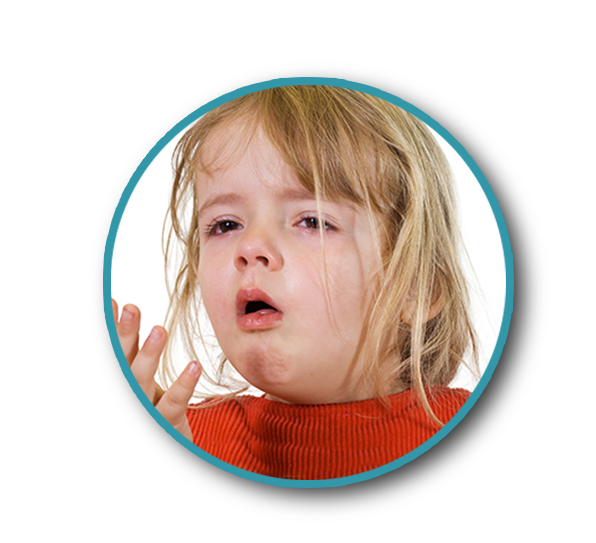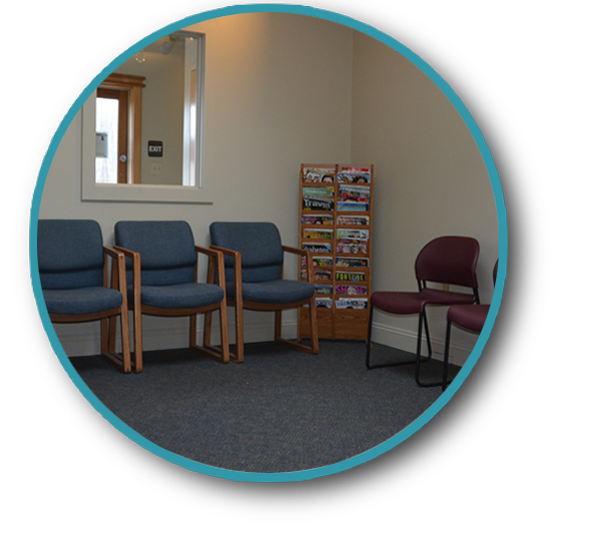About allergies and asthma

Common symptoms of allergic rhinitis include:
Sneezing, runny nose, nasal stuffiness, itching, coughing, post-nasal drip, itchy or watery eyes, fatigue, hives, or dark circles under the eyes. Most patients have multiple symptoms, but sometimes one is predominant.
Most patients will feel one or more of these symptoms immediately after coming into contact with an allergen. However, some symptoms, such as recurrent headaches and fatigue, may only happen after long-term exposure to allergens. Fever generally is not a symptom of allergic rhinitis. Some patients have year-long symptoms, while others only have seasonal triggers. With proper testing, we can determine the causes and implement an effective treatment plan.
For many patients, allergies and asthma coexist. Asthma is a chronic disease involving the airways in the lungs. When you have asthma, the airways become inflamed and the muscles around the airways can tighten and constrict when something triggers the symptoms. This makes it difficult for air to move in and out of the lungs, causing symptoms such as coughing, wheezing, shortness of breath and/or chest tightness.
Many asthmatics, especially asthmatic children, will have allergic triggers. Other common asthma triggers include, infection, irritants such as smoke or perfume, exercise, or temperature changes.
Different treatment options are available for allergies and asthma, including environmental control measures, medications, and immunotherapy.
Common symptoms of allergic rhinitis include:
Sneezing, runny nose, nasal stuffiness, itching, coughing, post-nasal drip, itchy or watery eyes, fatigue, hives, or dark circles under the eyes. Most patients have multiple symptoms, but sometimes one is predominant.
Most patients will feel one or more of these symptoms immediately after coming into contact with an allergen. However, some symptoms, such as recurrent headaches and fatigue, may only happen after long-term exposure to allergens. Fever generally is not a symptom of allergic rhinitis. Some patients have year-long symptoms, while others only have seasonal triggers. With proper testing, we can determine the causes and implement an effective treatment plan.
For many patients, allergies and asthma coexist. Asthma is a chronic disease involving the airways in the lungs. When you have asthma, the airways become inflamed and the muscles around the airways can tighten and constrict when something triggers the symptoms. This makes it difficult for air to move in and out of the lungs, causing symptoms such as coughing, wheezing, shortness of breath and/or chest tightness.
Many asthmatics, especially asthmatic children, will have allergic triggers. Other common asthma triggers include, infection, irritants such as smoke or perfume, exercise, or temperature changes.
Different treatment options are available for allergies and asthma, including environmental control measures, medications, and immunotherapy.

Contact Us



(724) 832-1200

